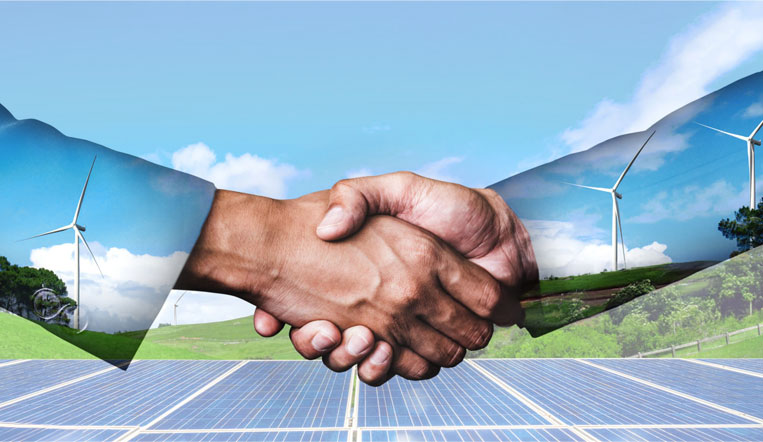UN Sustainable Development Goals

What Are the Sustainable Development Goals?

The Role of GESDC in Achieving the Sustainable Development Goals
The Global Economic Sustainable Development Commission (GESDC) is committed to driving the realization of the United Nations Sustainable Development Goals (SDGs). GESDC recognizes the critical role of the private sector in this global mission and strives to foster partnerships that align business strategies with sustainable development objectives.

Private Sector Engagement: A Catalyst for Change

Reducing Carbon Footprint
Companies can reduce their environmental impact by investing in energy efficient technologies and renewable energy sources.

Promoting Gender Equality
Implementing policies that support equal opportunities for all genders at every level of the organization.

Supporting Local Communities
Engaging in initiatives that uplift communities through education, healthcare, and sustainable economic opportunities.
Driving Sustainable Development Through Investment
- Infrastructure Development: Building resilient infrastructure that supports sustainable urbanization and inclusive economic growth.
- Renewable Energy: Accelerating the transition to affordable and clean energy solutions.
- Sustainable Agriculture: Promoting practices that enhance food security while protecting ecosystems.
The 17 Sustainable Development Goals

No Poverty: Eradicating poverty in all its forms everywhere.
Zero Hunger: Ending hunger, achieving food security, and promoting sustainable agriculture.
Good Health and Well-Being: Ensuring healthy lives and promoting well-being for all at all ages.
Quality Education: Providing inclusive and equitable quality education and promoting lifelong learning opportunities.
Gender Equality: Achieving gender equality and empowering all women and girls.
Clean Water and Sanitation: Ensuring availability and sustainable management of water and sanitation for all.
Clean Water & Sanitation: Ensure access to safe and affordable drinking water, while promoting sustainable water management practices.
Affordable and Clean Energy: Ensuring access to affordable, reliable, sustainable, and modern energy.
Decent Work and Economic Growth: Promoting sustained, inclusive, and sustainable economic growth, full and productive employment, and decent work for all.
Industry, Innovation, and Infrastructure: Building resilient infrastructure, promoting inclusive and sustainable industrialization, and fostering innovation.
Reduced Inequalities: Reducing inequality within and among countries.
Sustainable Cities and Communities: Making cities and human settlements inclusive, safe, resilient, and sustainable.
Responsible Consumption and Production: Ensuring sustainable consumption and production patterns.
Climate Action: Taking urgent action to combat climate change and its impacts.
Life Below Water: Conserving and sustainably using the oceans, seas, and marine resources.
Life on Land: Protecting, restoring, and promoting the sustainable use of terrestrial ecosystems.
Peace, Justice, and Strong Institutions: Promoting peaceful and inclusive societies, providing access to justice for all, and building effective, accountable institutions.
Partnerships for the Goals: Strengthening the means of implementation and revitalizing the global partnership for sustainable development.

